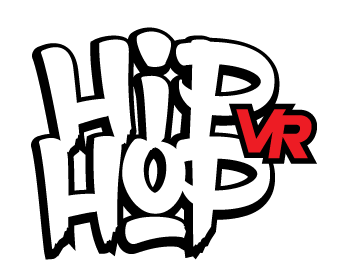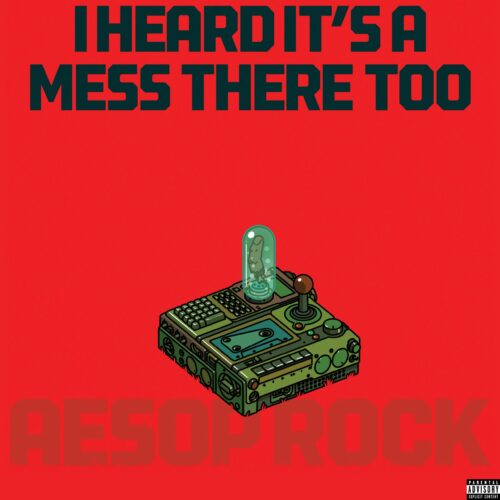Nearly five months after Black Hole Superette, New York emcee and producer Aesop Rock unexpectedly releases his 12th studio record. The man is universally respected for his vast vocabulary, and over the decades he has launched some of the underground hip-hop must-haves, both in his solo catalog and as a member of groups like Hail Mary Mallon or Malibu Ken. As for his solo work: I recommend his second album with Rhymesayers Entertainment, his second album with Rhymesayers Entertainment, which Aesop has been with for over a decade, and Definitive Jux Records debut Labor Day album The Impossible Kid. Blockhead completely produced “Garbology” and “Integrated Tech Solutions” to critical acclaim, the most complex productions of his career, and placed “I Heard It’s a Mess There Too” on YouTube and his website.
“Crystals & Herbs” opens with a weird, homemade boom-beat intro, abstractly explaining that you can’t blame a rigged system for not being able to protect itself, while “The Cut” takes a weirder approach to talking about being in a secluded place. “Full House Pinball” suggests that before “Bag Lunch” talks about blocking off entire neighborhoods instead of the streets, remember what a little fresh air can do for us all.
Meanwhile, on “Spin to Win,” we have Aes whipping around the woods at a funkier pace that rattles nearby limbs, leading to “Opossum,” which reminds me of Griselda running in circles rather than in circles. “Oh My Stars” opens the second half with him sharing a donut with a crow whenever he finds himself wondering where to go, while “Potato Leek Soup” talks about playing in the streets all day and encourages onlookers to be scared.
“Pay the Man” kicks off the third and final act of “I Heard It’s a Mess There Too”, kicking off with a booming rhythm beat and some bells as he confidently believes he can throw a card and it will land between people’s praying hands, while “Poly Cotton Blend” shows off his sampling skills, always running with the bum. “Fall Home” tells all of his friends that he wants them to find what they need to become who they are meant to be, while “Sherbert” more intimately suggests that people can become people we’ve never met before.
Rather than expanding on the sophistication of Black Hole Superette’s production earlier this spring, Aesop Rock made a conscious shift in approach when making “I Heard It’s a Mess There Too,” using newer tools to make his sound cleaner and more minimalistic because he felt like he’d been making similar music for quite some time, embracing a detailed concept about maintaining long-distance friendships and the way social media is used to chronicle tragedies and political uprisings.
Rating: 9/10


